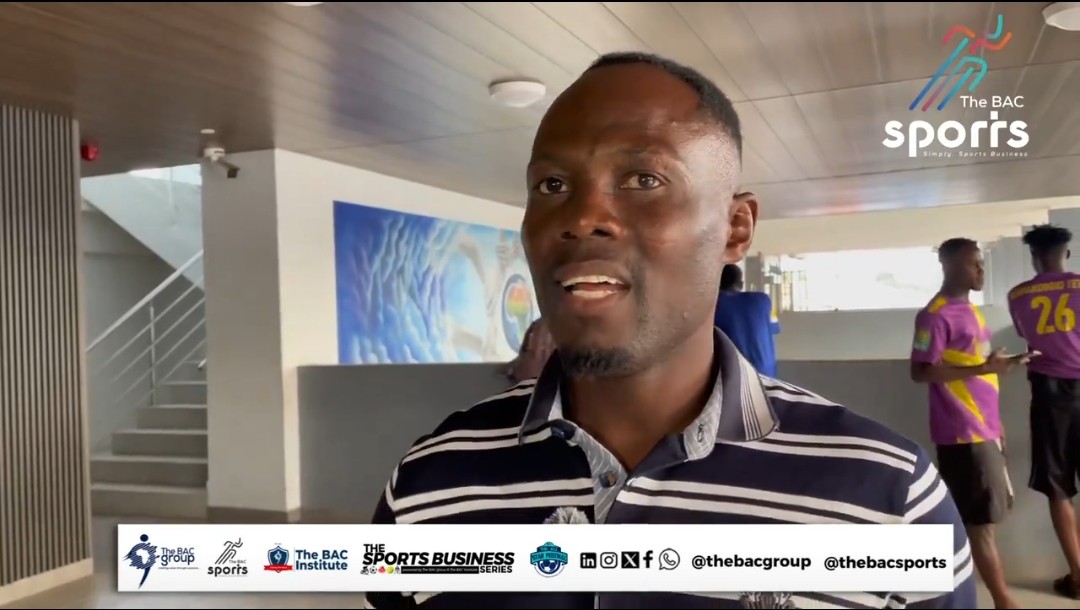“Where’s Our Football Headed?” Agyemang Badu Questions Authorities Over Poor Pitch Conditions
Former Ghana international Emmanuel Agyemang Badu has raised serious concerns about the future of Ghana football, questioning the authorities’ commitment to improving football infrastructure following widespread criticism of the country’s substandard football pitches.
The issue came to the forefront after the Confederation of African Football (CAF) recently withdrew its approval of Kumasi’s Baba Yara Stadium, rendering Ghana without any approved venue to host CAF Category 3 matches.
This means the Black Stars, Ghana’s senior national team, cannot play any international games at home for the time being and forcing Ghana to select an alternative venue outside it’s borders to host next month’s 2025 African Cup of Nations (AFCON) qualifier against Sudan.
Speaking of The BAC Sports and reacting to this development, Badu expressed his frustration with the situation. “We have the stadia, but our leaders are not helping with the maintenance,” the former Udinese midfielder stated.
“The pitches are worrying, and it’s affecting our game. Our level in AFCON is declining—from making finals and consistent semi-final appearances to now exiting in the group stage. Now even qualifying is becoming a problem.”
Badu’s comments reflect a growing concern that the poor state of football pitches is not only impacting local competitions but also Ghana’s performance on the international stage.
Despite the country boasting several stadia, the lack of proper maintenance has left these facilities far from meeting acceptable standards for competitive play.
The issue of pitch quality was also highlighted by Rusmir Cviko, head coach of Raja Casablanca, after his team’s CAF Champions League encounter against FC Samartex 1996 at the Accra Sports Stadium.
Cviko did not hide his displeasure with the playing surface. “The pitch is not of the accepted standard, and it doesn’t favour how we want to play,” he remarked.
Agyemang Badu believes the solution lies in adopting modern practices for pitch management, advocating for the use of hybrid pitches, which combine natural grass with synthetic fibers for durability and better performance. “It was years ago that grasses were planted. Now, hybrid pitches are the way to go,” Badu emphasized.
His call for action comes at a crucial time when the need for improved infrastructure is more urgent than ever. Many in the football community are hoping that the authorities will take Badu’s words seriously and work towards a sustainable solution that will elevate the standard of football in Ghana and restore the country’s reputation as a football powerhouse on the continent.
As Ghana faces the prospect of not hosting international matches at home, stakeholders are urging the government and football administrators to prioritize the maintenance and modernization of stadium facilities across the country. Badu’s voice joins a growing chorus of those who believe that without proper investment in infrastructure, the future of Ghanaian football could be in jeopardy.

